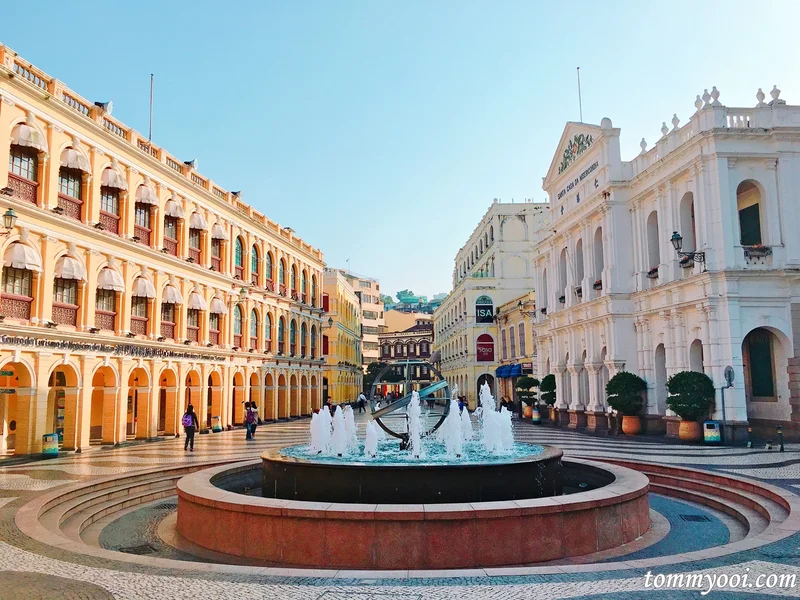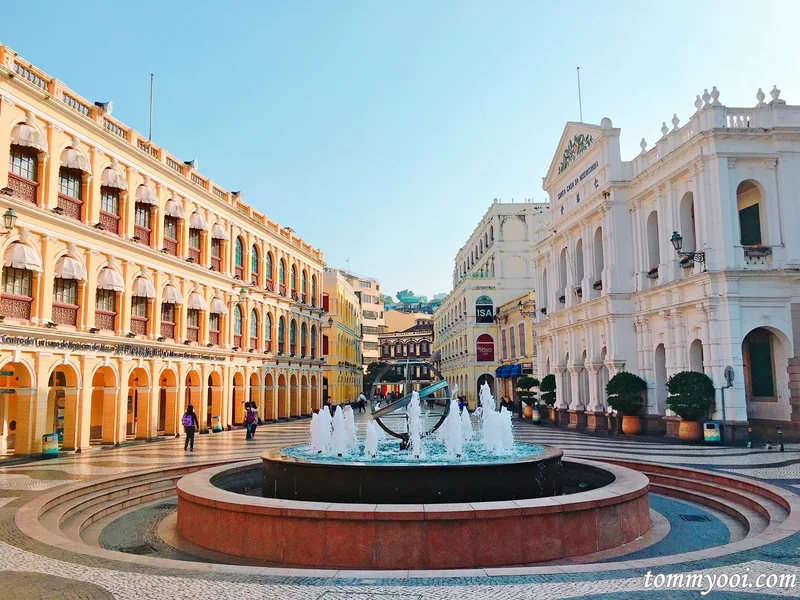Article Directory
Macau's Gamble: From Casino Hub to Healthcare Paradise?
Imagine Macau, not just as the glittering casino capital of the world, but as a future beacon of health and wellness. It sounds like something out of a sci-fi novel, right? But that's precisely the vision taking shape as Macau pivots from gambling to healthcare tourism. The recent opening of the iRad Hospital, a luxury medical resort in the heart of Studio City, signals a bold step in this direction. Can this transformation really work? Can Macau successfully reinvent itself?
This isn't just about replacing slot machines with MRI scanners; it's about fundamentally changing the city's identity and attracting a whole new kind of visitor. For years, Macau has thrived on its gaming industry, drawing nearly 40 million visitors annually. But with Beijing pushing for economic diversification, the pressure is on to find new avenues for growth. And healthcare tourism, with its multi-billion dollar global market, appears to be a promising bet. Gambling hub Macau bets on healthcare tourism.
A New Chapter for Macau?
The shift is fascinating, and frankly, a little unexpected. It’s like watching a caterpillar decide it wants to be a butterfly—a complete metamorphosis. Macau, known for its high-rolling gamblers and opulent casinos, is now aiming to attract a different kind of clientele: health-conscious individuals seeking advanced medical treatments and luxurious wellness experiences. Think of it: instead of high-stakes poker, we're talking high-tech scans and cosmetic procedures.
The iRad Hospital, with its state-of-the-art facilities and focus on personalized care, is at the forefront of this transformation. The hope is that by offering world-class healthcare services, Macau can not only attract more visitors but also encourage them to stay longer and spend more. Can you imagine combining a relaxing vacation with a comprehensive health check-up? It's a compelling proposition.

But here's the thing: this pivot isn't without its challenges. Macau has built its reputation—and its economy—on gambling. Shifting away from that core identity will require significant investment, strategic marketing, and, perhaps most importantly, a change in perception. Can Macau convince the world that it's more than just a gambling haven? And will this new direction sit well with Beijing's broader vision for the region? After all, the crackdown on gambling tycoons and the emphasis on "common prosperity" suggest a desire to move away from the flashy displays of wealth that have long defined Macau.
And then there's the ethical consideration. Medical tourism, while offering access to advanced treatments, can also exacerbate inequalities, creating a two-tiered healthcare system where the wealthy have access to superior care while others are left behind. It's a delicate balance, and Macau will need to navigate these ethical waters carefully.
I'm reminded of the rise of Silicon Valley. It wasn't just about the technology; it was about creating a culture of innovation, collaboration, and risk-taking. Macau needs to foster a similar environment in the healthcare sector, attracting top medical professionals, investing in cutting-edge research, and creating a brand that's synonymous with quality and trust.
A Future of Wellness and Prosperity?
When I first read about Macau's plan, I honestly just smiled. This is the kind of bold, imaginative thinking that excites me. It's not just about diversifying the economy; it's about creating a better future for Macau and its people. What if Macau becomes a role model for other cities looking to reinvent themselves? What if it becomes a global hub for health and wellness, attracting not just tourists but also researchers, innovators, and entrepreneurs? The possibilities are truly endless.


